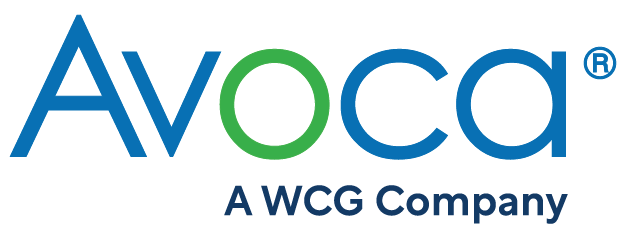Understanding the Complexities of Feasibility and Recruitment Strategies
Recruitment and retention of participants remains a significant challenge for clinical trials, affecting studies and the industry at large. Various stressors and pressure points have contributed to this ongoing issue, but the crux remains consistent: a significant number of study sites fail to meet their enrollment targets, and a vast majority of studies are unable to recruit enough participants.
The industry metrics paint a troubling picture of the current state of clinical trials recruitment and retention. With 37% of study sites not meeting their enrollment targets and 80% of studies failing to meet theirs, the industry faces a dire need for more effective strategies (source: 2024 WCG Data Intelligence).
Part of the problem can be attributed to the limited participation of investigators in clinical research and significant issues related to site staffing. Moreover, recruitment and retention difficulties are recognized as significant detractors, closely tied to a site’s resourcing levels. This not only disrupts timelines but can also inflate the cost of clinical trials substantially.
–
Tackling the Site Identification and Feasibility Process
The process of site identification and feasibility is traditionally data-driven, relying heavily on existing relationships, in-house data, and historical experiences. Yet, a more nuanced approach is needed, incorporating a variety of data sources and reevaluating assumptions continually. For example, factors like the competitive landscape and protocol requirements must be considered, as they significantly impact a site’s recruitment and enrollment capabilities.
These activities are often treated as “one and done,” when, in reality, data from both internal and external sources constantly evolves. Feasibility, recruitment, and retention strategies must remain adaptable on an ongoing basis to maximize efficiency and study success.
–
The Gap in Trust and Communication
A significant gap exists between sites and sponsors regarding trust in feasibility results. Many sites believe sponsors trust their feasibility responses, whereas a vast majority of sponsors showcase skepticism. This disconnect underscores the necessity for a dynamic approach to site identification and recruitment planning, continuously adapting to changes and reevaluating initial assumptions based on real-world challenges and situations.
–
Rethinking Recruitment and Retention
Recruitment and retention should be viewed as a universal process with interconnected stages: identification, enrollment, retention, and documentation. Effective site selection, requires a deep understanding of a site’s capability to navigate through these stages, considering both internal contributions and the need for external referrals. Understanding the capacity of sites to manage external referrals and their geographical suitability for community outreach or provider networking is crucial.
–
Resetting Expectations and Approaches
The industry must acknowledge the active nature of clinical trials and the inevitable changes and disruptions that occur. Open and clear communication channels between sites and sponsors, mutual trust, and a shared focus on trial and participant priorities are essential for navigating these changes effectively. By fostering a collaborative environment free from blame shifting, the industry can adapt more effectively to challenges in recruitment and retention, ensuring trials are completed safely, efficiently, and with integrity.
In conclusion, addressing feasibility, recruitment, and retention challenges in clinical trials requires a multifaceted approach, emphasizing flexibility, collaboration, and continuous reevaluation. By bridging the gap between sites and sponsors and adopting more dynamic strategies, the industry can move towards more effective and efficient clinical trial processes and successful outcomes.
–
AUTHORS:

Crissy MacDonald, PhD
Vice President, Client Delivery
WCG

Seth Halvorson
General Manager, Site Solutions
WCG
–!
// DISCOVER MORE //
WCG’s Total Feasibility solution optimizes and simplifies study planning, site identification, and selection processes.
|
